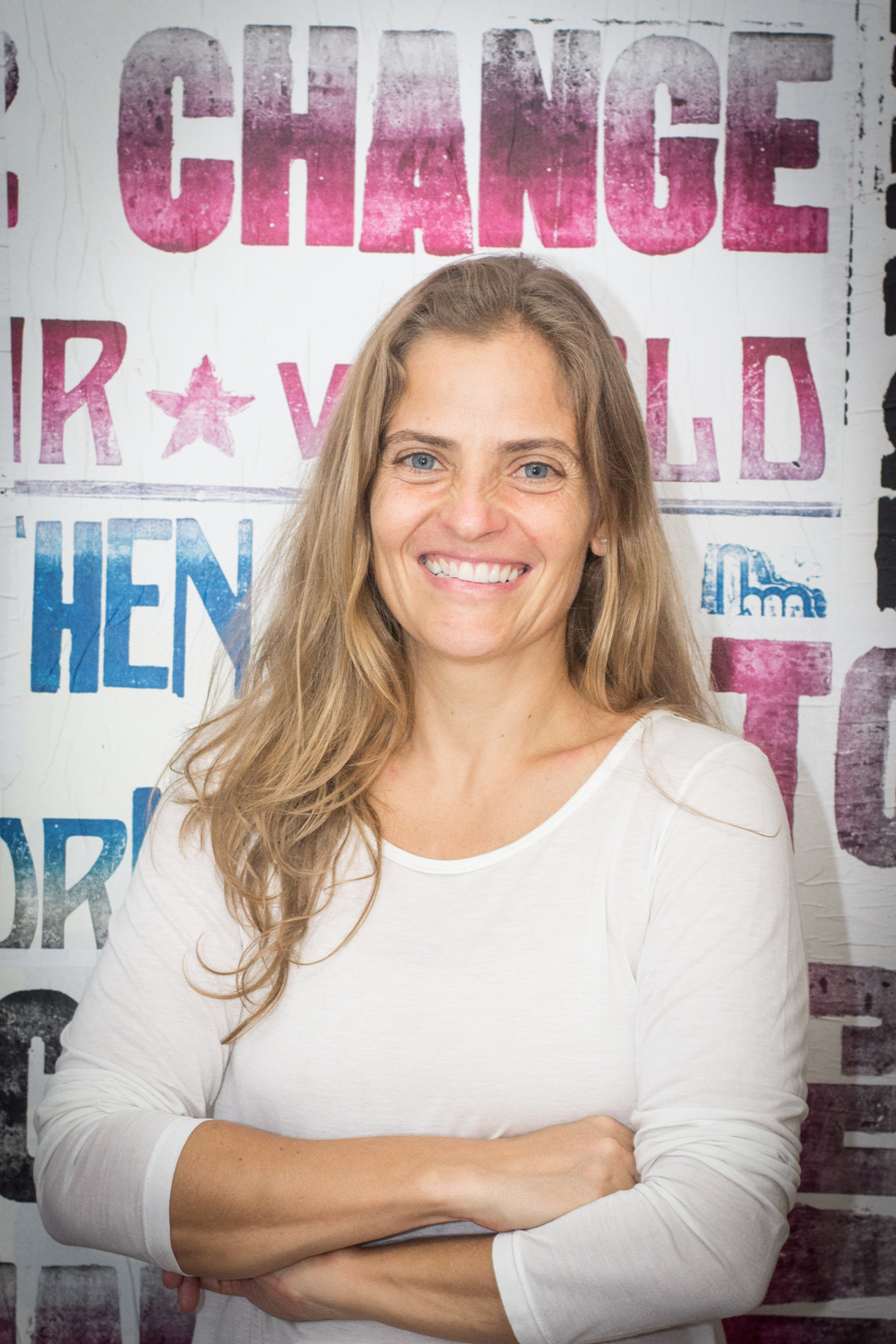11/10/2025
11:00 - 12:00
Nature-based Education Pavilion
, Sur site
Pourquoi participer
Participants will explore how school infrastructure can integrate nature-based solutions for climate adaptation, biodiversity, and inclusive education. Featuring practical examples from Brazil, the session empowers educators, architects, and policymakers to design resilient schools that foster equity, student well-being, and transformative, nature-aligned learning environments.
Description de la séance
This 45-minute panel will explore how school infrastructure can integrate nature-based solutions (NbS) to strengthen climate resilience, equity, educational quality, and children's connection with nature. Grounded in the Living Schoolyards and Resilient Schools guide and the BeNature scientific foundation, the session will present actionable strategies to create greener, cooler, and more inclusive schoolyards that enhance learning and well-being while supporting climate adaptation. The discussion will feature the Colégio Tereza Francescutti Resilient School Project, developed after the 2024 flood in Canoas, Brazil, by the Government of Rio Grande do Sul and Instituto Alana, alongside case studies from Brazil and Sweden. The project combines NbS with inclusive design—rebuilding on pilotis, increasing permeable areas, and adding a mini forest, nature play space, rainwater harvesting, and a plant-nursery classroom. The panel invites additional organizations to share lessons and challenges, encouraging dialogue and collaboration to reimagine schools as living laboratories for resilience and inclusion.Partenaires
Children and Nature Network
